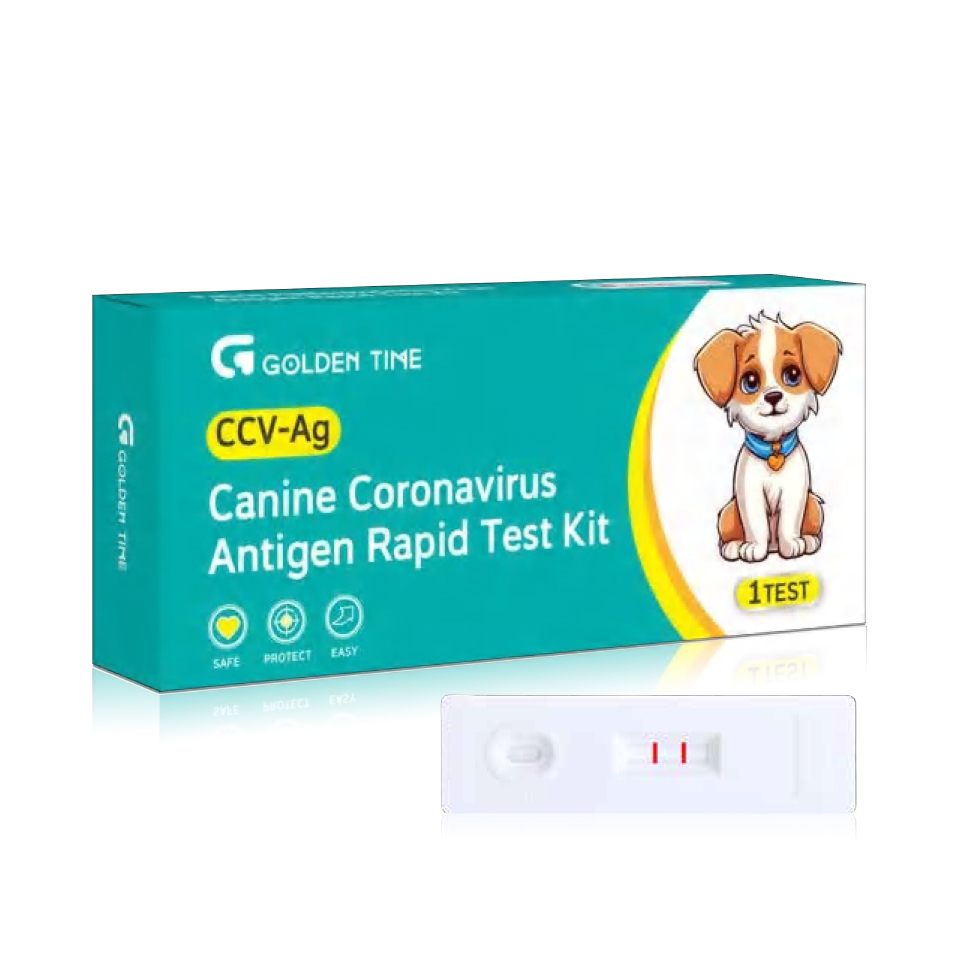אוק . 06, 2024 07:16 Back to list
chikungunya blood test
Understanding Chikungunya Blood Tests
Chikungunya, a viral disease transmitted primarily by mosquitoes, has been a growing concern in many tropical and subtropical regions. The virus, which causes fever, joint pain, and rash, can lead to debilitating symptoms that may linger for months or even years. Consequently, diagnosing chikungunya is crucial for effective treatment and management of the disease. Blood tests play a pivotal role in confirming the infection and differentiating it from other similar diseases, such as dengue and Zika.
Understanding Chikungunya Blood Tests
Serological tests detect antibodies that the body produces in response to the chikungunya virus. There are typically two types of antibodies measured IgM and IgG. IgM antibodies indicate a recent infection, usually appearing within the first week of illness and persisting for several months. On the other hand, IgG antibodies develop later and indicate past infection or immunity to the virus. A positive IgM test can confirm acute chikungunya infection, while a positive IgG test can help determine if the patient has been exposed to the virus in the past.
chikungunya blood test

PCR tests are more sensitive and can detect the presence of the virus's RNA in the blood during the early stages of infection, usually within the first 5 to 7 days. This makes PCR a valuable tool for diagnosing chikungunya in its acute phase. The speed and accuracy of PCR testing are significant advantages, especially in areas where chikungunya is endemic, as they enable prompt diagnosis and facilitate better patient management.
Despite their effectiveness, the accuracy of these blood tests can be influenced by various factors, including the timing of the test, the clinical presentation of the disease, and the presence of other co-infections. Therefore, healthcare providers often consider the patient's symptoms and medical history alongside the blood test results to arrive at a conclusive diagnosis.
It is essential for those living in or traveling to endemic regions to be aware of chikungunya and its symptoms. Early diagnosis through blood tests can lead to appropriate treatment and help manage the symptoms effectively. While there is currently no specific antiviral treatment for chikungunya, supportive care, including hydration and pain relief, can significantly alleviate symptoms.
In conclusion, chikungunya blood tests are critical tools in diagnosing this viral infection. Awareness and understanding of the disease, coupled with timely testing, can ensure better health outcomes for affected individuals. As research continues, hope remains for improved diagnostic methods and potential vaccines to combat chikungunya and protect public health globally.
-
Highly Accurate hCG Pregnancy Test Strips - 5 Min Results
NewsAug.02,2025
-
Premium Empty ABS Plastic Cassettes: Durable & Lightweight Storage
NewsAug.01,2025
-
Accurate Cocaine (Coc) Rapid Test Kit | Fast & Reliable Detection
NewsJul.31,2025
-
Accurate HCG Pregnancy Test Strips | Fast Home Use Kit
NewsJul.31,2025
-
Reliable Early Pregnancy Test Kit Supplier - Multi Plastic Cassette Options
NewsJul.30,2025
-
Transferrin Rapid Test Cassette – Reliable Tumor Marker Detection
NewsJul.29,2025

